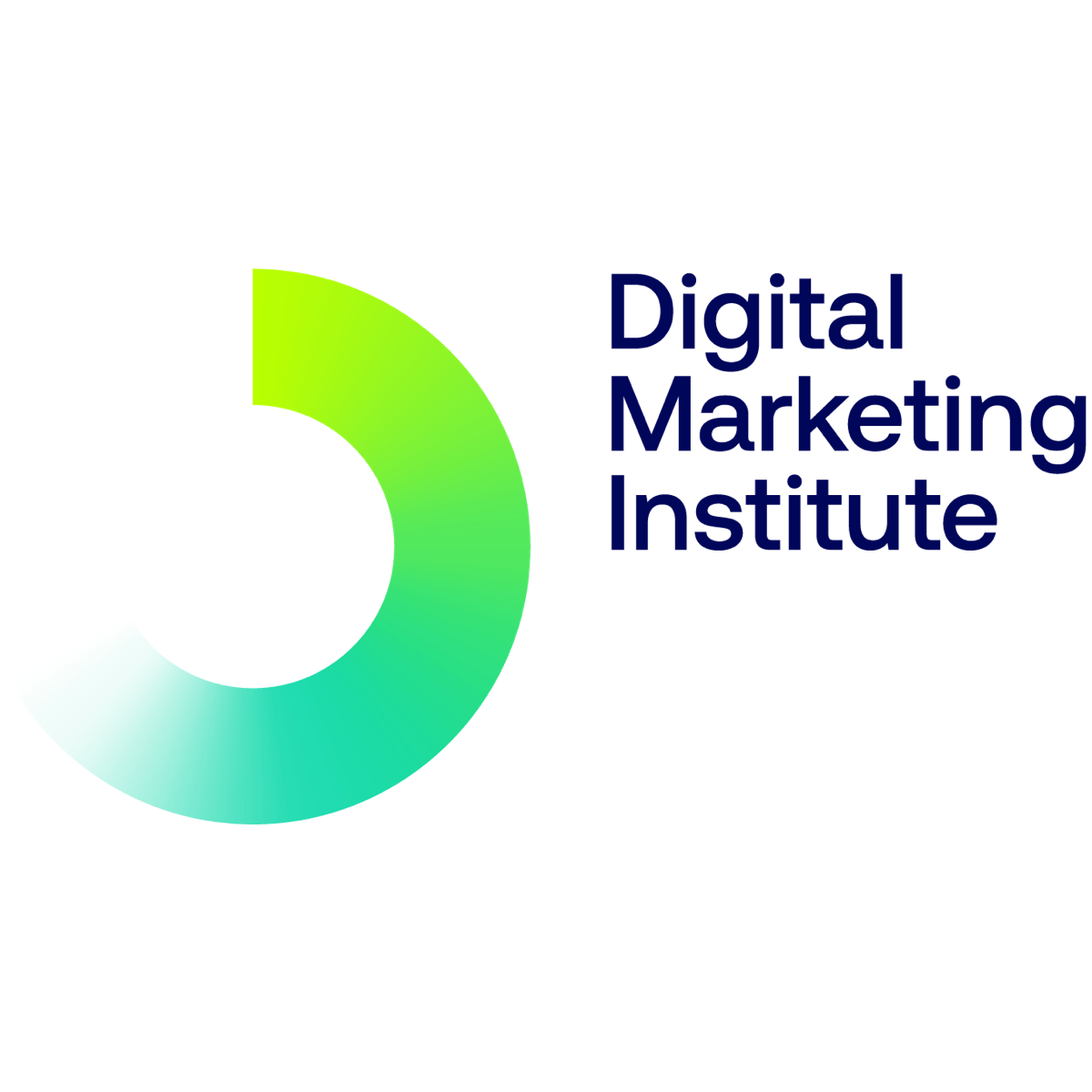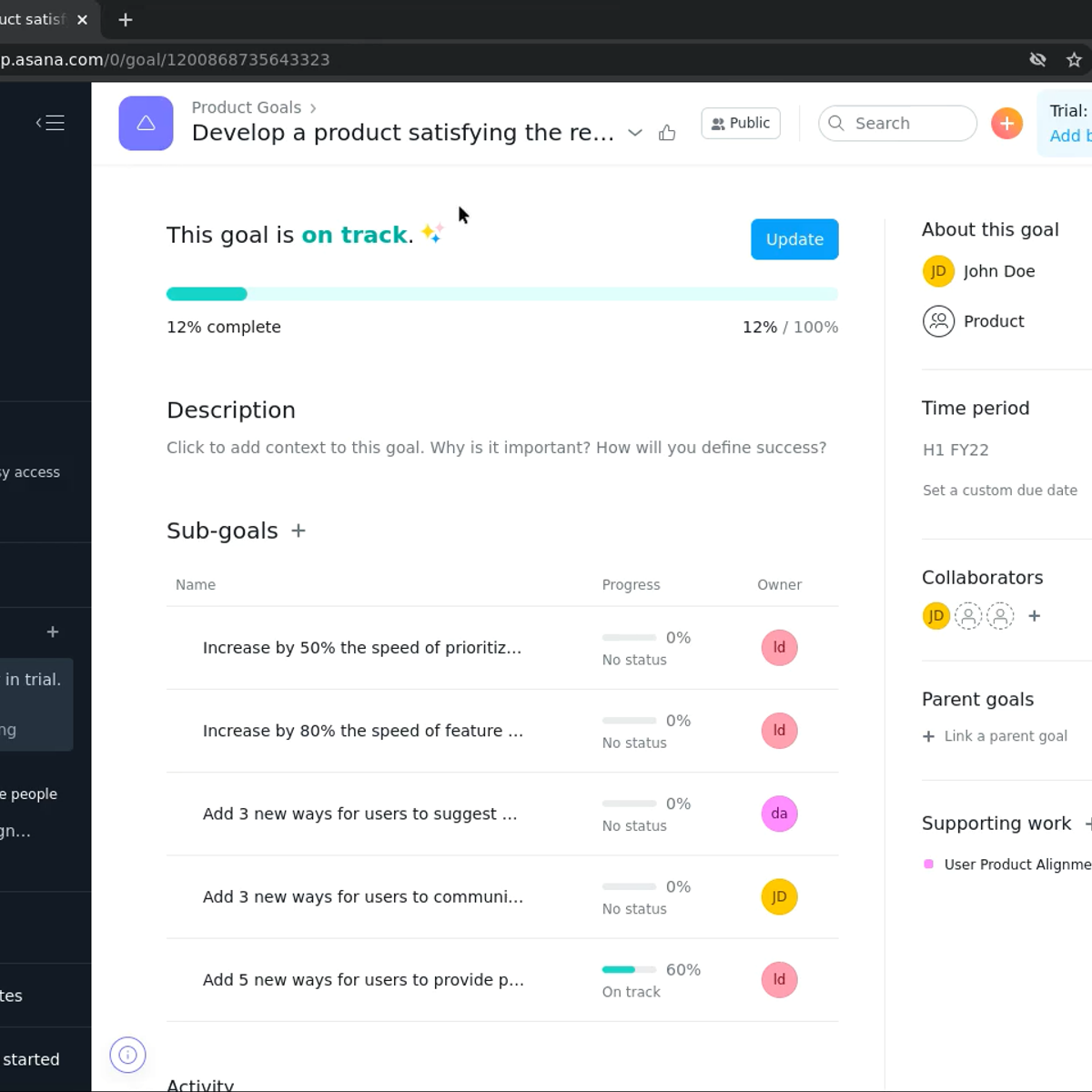Back to Courses









Business Strategy Courses - Page 33
Showing results 321-330 of 543

Business Model Innovation for Sustainable Landscape Restoration
Land degradation is a widespread problem across the globe with serious consequences for the environment and all of society. Worsening land degradation caused by human activities is undermining the well-being of two-fifths of humanity, driving species extinctions and intensifying climate change. But there’s a huge potential for restoring landscapes: around two billion hectares of land, about two times the size of China, can be restored.
In this MOOC we focus on the potential of business model innovation for the challenge of large-scale landscape restoration. We take a partnership approach and make a bridge between ecology and economy. Learners get to design their own innovative business model for landscape restoration with 4 returns: return of natural capital, return of social capital, return of inspiration and return of financial capital. You move from ideation towards successful implementation. Each step is illustrated with three real-life cases of landscape restoration in Spain, Iceland and Portugal.
We highlight the following elements over a period of 8 weeks:
1. Vision Formulation
2. Systems Analysis
3. Stakeholder Analysis
4. Opportunity Analysis
5. Business Model Design
6. Solution Validation
7. Assessment & Monitoring
8. Reflection & Iteration
This MOOC provides you with a meaningful opportunity to start contributing to the UN Decade on Ecosystem Restoration (https://www.decadeonrestoration.org/ ), which aims to prevent, halt and reverse the degradation of ecosystems on every continent and in every ocean. Your participation is more relevant now than ever!
This MOOC builds on the MOOC "A Business Approach to Sustainable Landscape Restoration" but can also be followed as a stand-alone. In the first MOOC you get comprehensive knowledge of landscape degradation and landscape restoration from both the perspective of natural science and from an economics and management perspective. (https://www.coursera.org/learn/landscape-restoration-sustainable-development/home/welcome )
These MOOCs are designed by ENABLE, a consortium of: Erasmus University Rotterdam, Commonland, United Nations University Land Restoration Training Programme, Spanish National Research Council (CSIC-CEBAS), and Nova School of Business & Economics. ENABLE was co-funded by the Erasmus+-programme of the European Union.

Value Chain Analysis and Visualization in Miro
By the end of this project, you will be able to support cost-effective product development by conducting a value chain analysis.
To create the value chain analysis you will gain hands-on experience defining your business’s primary activities, support for those activities, analyze costs, and discover opportunities to gain a competitive advantage in the Miro online visual collaboration platform for teamwork.
Note: This course works best for learners who are based in the North America region. We’re currently working on providing the same experience in other regions.

Analysis and Interpretation of Data
This course focuses on the analysis and interpretation of data. The focus will be placed on data preparation and description and quantitative and qualitative data analysis. The course commences with a discussion of data preparation, scale internal consistency, appropriate data analysis and the Pearson correlation. We will look at statistics that can be used to investigate relationships and discuss statistics for investigating relationships with a focus on multiple regression. The course continues with a focus on logistic regression, exploratory factor analysis and the outcome of factor analysis. We are going to explore how to conduct an experiment and an observational study, as well as content analysis and the use of digital analytics in market research. The course ends with a consideration of digital analytics, with an emphasis on digital brand analysis, audience analysis, digital ecosystem analysis, Return on Investment (ROI), and the role of digital analytics in market research.

Digital Channel Planning and E-Commerce Strategy
Digital Marketing Institute is the global standard in Digital Marketing Certification. Our mission is to give our students the confidence and knowledge they need to advance in their careers through this specialization.
Research shows that retail customers switch channels during their purchase-decision journey. Many of us research products online at home, or on-the-go using a mobile device, while checking online reviews and comparing prices. The final decision to purchase may happen online, or in a traditional brick-and-mortar store. Omnichannel marketing is a response to modern buying habits, providing consumers with a consistent brand experience across all touchpoints, whether traditional or digital. If you want to understand how marketers plan campaigns to reach consumers at every possible point of contact and how effective digital strategies can help businesses grow and thrive today, this course will help you do so.
You will learn about cross-media planning and the digital channel mix before diving deeper into topics including digital channel planning, and inbound and outbound channel strategy. After completing this course, you will be able to: -
• Use best practices to create an omnichannel marketing strategy with a unified message, voice, and brand and a seamless customer experience
• Demonstrate an understanding of the key tactics and strategies associated with inbound channels including social media marketing, content marketing, search engine marketing, and email marketing
• Demonstrate an understanding of the key tactics and strategies associated with outbound channels including digital display, video, and YouTube advertising
This course also covers the critical topic of e-commerce and how to develop an effective e-commerce and social customer service strategy that delivers real value for customers. This is the second course in the Digital Marketing Institute’s Digital Strategy specialization.
On completion of all courses in your Specialization, you will also be awarded a Digital Marketing Institute Certified Digital Marketing Associate certification, along with three months of free Power Membership, allowing you to boost your career and unlock your next opportunity. 92% of DMI members have said their courses have had a positive impact on their careers, while 88% are now working at senior or manager level.

Opportunity Management in Salesforce
The third course in the Salesforce Sales Operations Professional Certificate, Opportunity Management in Salesforce, is for anyone who is curious about entry level sales roles that require foundational skills in Salesforce, the sales operations specialist role specifically, and how to use tools in Salesforce to manage opportunities and close sales deals in a real world business setting.
This third course will give you a foundational understanding of how to help sales teams optimize the opportunity management process. Specifically, this course shows how a sales operations specialist would support account executives and empower them to progress opportunities through a sales pipeline and close sales deals as effectively and efficiently as possible. This will require the use of new tools in Salesforce, including products, price books, quotes, contracts, and orders. Learning how to leverage these aspect of Salesforce are crucial skills for anyone interested in entry level sales jobs.
For this course, it is recommended (but not required) that you have some background knowledge of sales and CRM, as well as an understanding of the basics of Salesforce platform navigation. If you're a total beginner with these concepts, you can still be successful in this course — however, it might require some additional work on your part.
By enrolling in this course, you are taking the next step to kickstarting your career in Salesforce. Congratulations on continuing this exciting journey!

How to write an effective project objective with Asana
In this project you will write effective project objectives in Asana using the SMART methodology, connect them with overarching project and business goals, link deliverables and plan in Asana for the objectives execution.

Application of AI, InsurTech, and Real Estate Technology
In this course, you’ll learn about the emerging technologies in Artificial Intelligence and Machine Learning that are utilized in InsurTech and Real Estate Tech. Professor Chris Geczy of the Wharton School has designed this course to help you navigate the complex world of insurance and real estate tech, and understand how FinTech plays a role in the future of the industry. Through study and analysis of Artificial Intelligence and Machine Learning, you’ll learn how InsurTech is redefining the insurance industry. You’ll also explore classifications of insurtech companies and the size of the InsurTech, Real Estate Tech, and AI markets. You will also explore FinTech specialties with Warren Pennington from Vanguard. By the end of this course, you’ll be able to identify emerging technologies of AI, Machine Learning, and Financial Technologies from a variety of insurance and real estate tech companies and their impact in the future of finance and investments.

Getting Started with Asana
There are multiple project management and planning tools on the web. In this project you will explore Asana. By using a project management tracking tool you will see an increase in accountability from those on your team. You will be able to track and meet deadlines with much more success. In this project you will get started in Asana.

Innovation and emerging technology: Be disruptive
‘Disruption’ has become a buzz word in the business world. But what is a disruptive change-maker? In this course you will learn how to deploy disruptive strategic thinking to develop or protect your organisation’s competitive advantage. The most innovative and successful companies have all fundamentally disrupted and reshaped existing industries, or created completely new ones. But which strategies and technologies can you use to be disruptive and take the next step for your organisation? Via structured learning activities (video lectures, quizzes, discussion prompts and written assessments) you will enhance your ability to think strategically and become your organisation’s disruptive change-maker.
Business Strategy
In this course you will learn how organizations create, capture, and maintain value. In doing so, you’ll develop an understanding of how and why this process is fundamental for sustainable competitive advantage. You will be able to better understand value creation, and capture and learn the tools to analyze both competition and cooperation from a variety of perspectives, including the industry-level (e.g., five forces analysis) and the firm-level (e.g., business models and strategic positioning).
You will be able to:
- Understand how managers coordinate different functional areas, resources, and systems inside a company and align them with the external environment to enhance overall performance
- Recognize strategic management tools and frameworks and apply them to real business contexts
- Process diverse business and industry information to diagnose strategic issues, evaluate strategic alternatives, and formulate a coherent and actionable strategic plan
This course is part of Gies College of Business’ suite of online programs, including the iMBA and iMSM. Learn more about admission into these programs and explore how your Coursera work can be leveraged if accepted into a degree program at https://degrees.giesbusiness.illinois.edu/idegrees/.
Popular Internships and Jobs by Categories
Browse
© 2024 BoostGrad | All rights reserved


